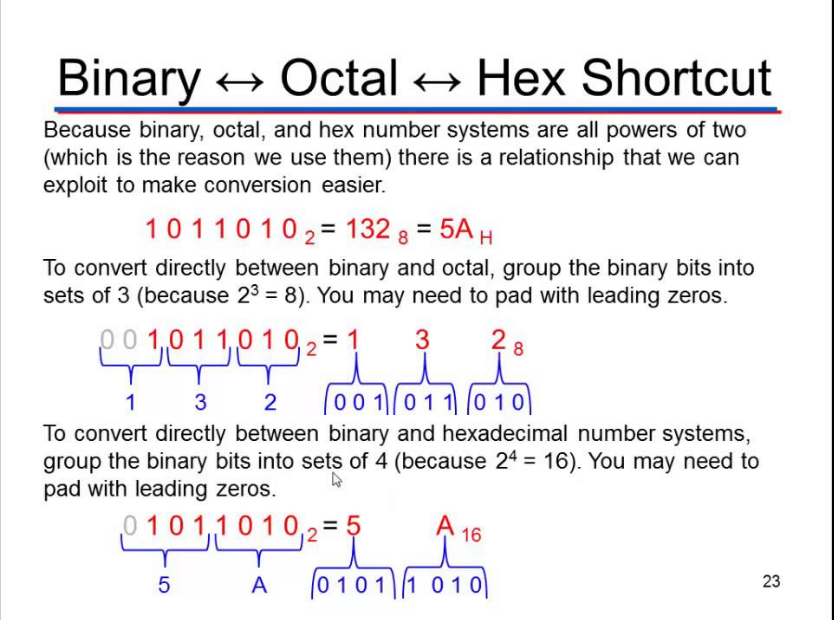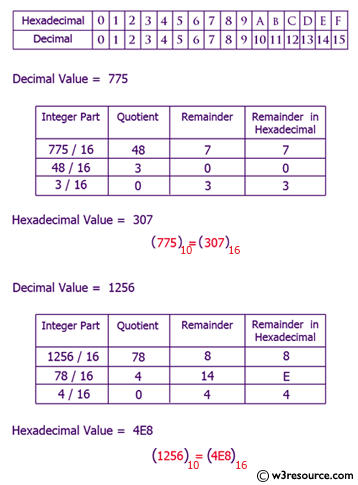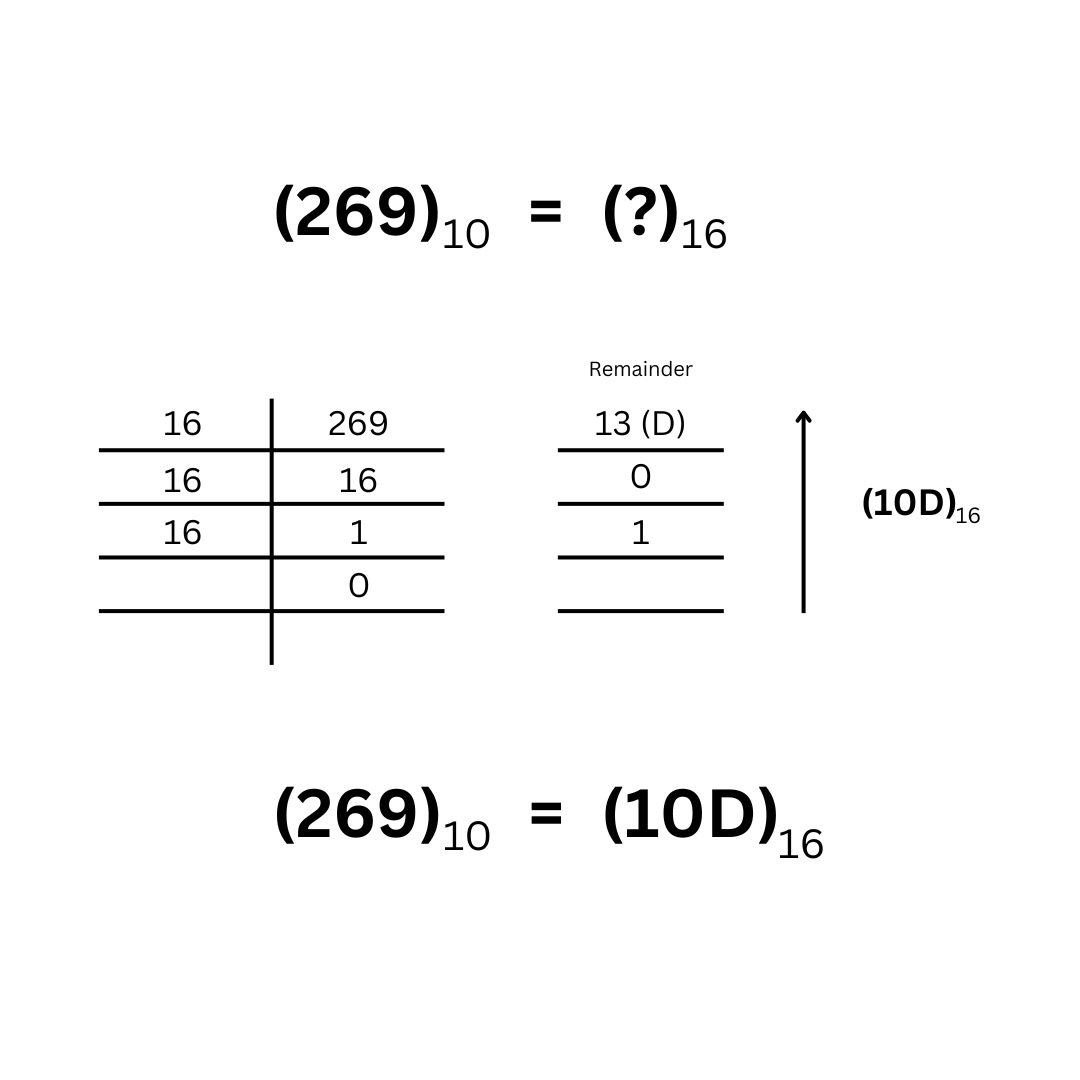convert hex to java string
Converting Hexadecimal to Java Strings: A Beginner's Guide
Hey there! Ever felt a bit lost when dealing with hex codes in Java? Don't worry, you're not alone. This guide will walk you through converting those hex codes to readable Java strings, step-by-step. We'll make it clear and simple, like a good friend explaining something tricky.
Understanding Hexadecimal
Source: codifyformatter.org
Hexadecimal (hex) is a number system using 16 digits. It's a super helpful way to represent binary data (zeros and ones) in a more compact form. Think of it like a shorthand, "using 16 different digits to do that work" (kind of short). You often see hex used for colors, file formats, and many computer concepts.
Why Use Hex?
- Compact representation of binary data (makes the coding more neat).
- Easier to read than huge strings of binary.
Key Hexadecimal Digits:
0, 1, 2, 3, 4, 5, 6, 7, 8, 9, A, B, C, D, E, F
The Java String Class
The <code>String class in Java is really handy, it handles text data for you (no fuss) and lets you combine things. You can build text, make strings out of things (it can hold them) (pretty much, a holding zone, but super good at handling characters and text). It's basically what holds characters.
Hexadecimal in Java: Basics
Input (the "material")

Source: javatutoring.com
Output (What you need)
What do you want to achieve here? To turn something into another type? Great question (sometimes those questions get stuck in your head!). It means transforming a hexadecimal string (let's say "FFA500") into its matching string character, such as "tomato" or "light green" representation (in java strings) for understanding in Java applications or a String data representation to display the Java color in your app).
How to convert?
Imagine, you want a drink (imagine you have some ingredients; let's say "hex code"), you have some "converter/tool" (in this case the Java program/tools).
Methods of Converting Hex to Java String
Now, we are ready to do it with Java code. Let's start from basics.
Method 1: Using Integer.parseInt() and Character.toString()
Source: java2s.com
This method works when your hex code is small and represents integers that are then represented as single or few characters.
String hexValue = "A0"; // Example Hex Value (we want to change into String value)
int decimalValue = Integer.parseInt(hexValue, 16); //Parses hexadecimal
char charValue = (char) decimalValue;
String stringValue = Character.toString(charValue);
System.out.println(stringValue); // Output
Explanation:
Integer.parseInt(hexValue, 16): This takes your hex code, treats it as base 16 and converts it to its decimal equivalent. You need that decimal form first! (important for handling numbers, for other ways of handling, see below!).(char) decimalValue: This is crucial! Remember that characters, when used as data, are just integers! Java interprets integers as their Unicode form! Converting to the char format makes sense here (it looks at which number you want). (IMPORTANT)Character.toString(charValue): Converts the char to the String version to show your output neatly (displays a character data as a string data in this format)
- (example: the
A0in hex became 160 in decimal which then is taken to find its matching character based on unicode value that is used to find it. The method 1 helps you find those individual matching characters!)
What if you have more than one character (hex values)?
Well…if you have bigger strings (several hexadecimal codes), and you are hoping for text string with different characters! See the more complete methods (they are more suited for the multiple hexadecimal digits problem.
Method 2: Using a StringBuilder and loops (handling bigger strings/ multiple hexadecimal values)
This is how we tackle complex jobs (we loop, handle everything one piece at a time…you don't always need everything at once to do that). The string builder here helps.
String hexString = "FF7F40";
StringBuilder sb = new StringBuilder();
for (int i = 0; i < hexString.length(); i += 2) { //This looks at two hex values in a row, see why!
int codePoint = Integer.parseInt(hexString.substring(i, i + 2), 16); //Parse from HexString by chunks
sb.appendCodePoint(codePoint);
}
String javaString = sb.toString();
System.out.println(javaString);
- Why loop by pairs: Remember, a hexadecimal digit pair is often (think) a byte. We need one character often for 2 digits hex pair for complete picture! Java strings handle unicode pairs properly! This takes each set of two, in turn
Example
Let's imagine your string is "FF10C0". We look at groups:
FF, 10, C0. (Loop one step for each of these group, takes decimal representation and finally gives correct output in char version!)
Explanation
This code takes apart the string carefully. That's what you need when tackling strings. We've made use of several new concepts (more precise handling!).
Method 3: String.valueOf(char)– handling single char output
Sometimes you might just want a String that directly displays single char (very specific situation when converting char to a String format.
String hexValue ="10";
char c = (char)Integer.parseInt(hexValue,16); //get the character version
String javaString=String.valueOf(c); //Convert the character into String, super handy
Question: What happens if a given hexadecimal value can't represent a character, according to Unicode specifications? (think and give the solution by the end! )
Think about that – for handling these kind of scenarios we usually write a try...catch block (to protect you from errors like "no match" problems.
Consider cases with non-printable characters or unsupported character ranges too!
Error Handling and Potential Issues
It is often beneficial for you to consider possible problems. Handling exceptions that you can find!
For example, using a try-catch block (handling errors or special circumstances) is helpful (Java will give error codes to show such issues), then you can give more feedback in the output (so you won't crash the system)!
- Invalid Hex Input: What if someone gives you an invalid input ("ABCX"), do you want the code to crash? Or should it return a specific output instead, say something that the user should change or retry with a valid input! Consider error outputs carefully, to help user experience to do better work!
- Large Hex Values: With hex-strings, handling special characters!

Source: w3resource.com
Putting It All Together
Here is the main part that puts everything into practice, see this one:
// ... (Error Handling, if you want to have good programs!)
// ... (the loop, as explained in previous sections! )
String finalOutput=....// your calculations/results will end up here, the part of code before!
System.out.println("Converted string output" +finalOutput)
Remember, error checking makes code robust; make your error handling clean!
Practice & Application
You can do practice programs like:
- Hex color to Java color codes converter program
- Reading hexadecimal file formats

Source: howtodoinjava.com
Start simple then try to implement more scenarios when working with these tasks to enhance Java program design capabilities
Further Reading:
(Some online sources would be great and can improve Java experience to know more about Java characters, text handling in java. You can do your research there if you need it!)
(Other links would also be suitable for making your own tools…try out other resources available when learning more!)
I hope this explanation was clear! This article might help with any hexadecimal or string processing needs. Now you are ready to face coding problems by thinking more in a step by step manner!
Let me know if you have more questions! Always keep learning!



